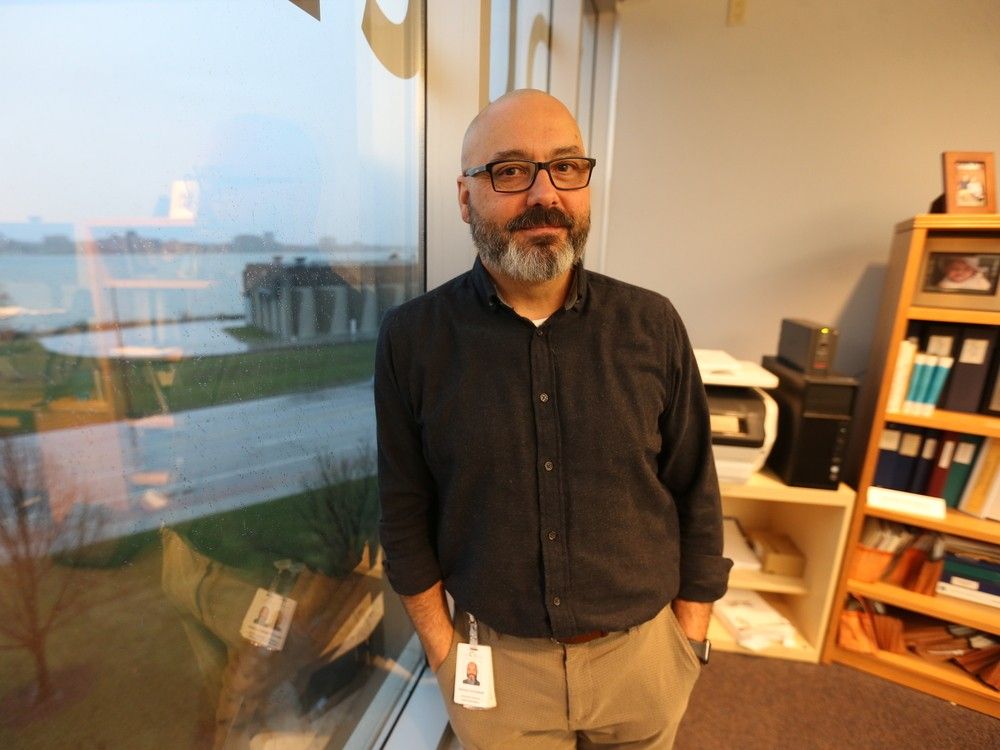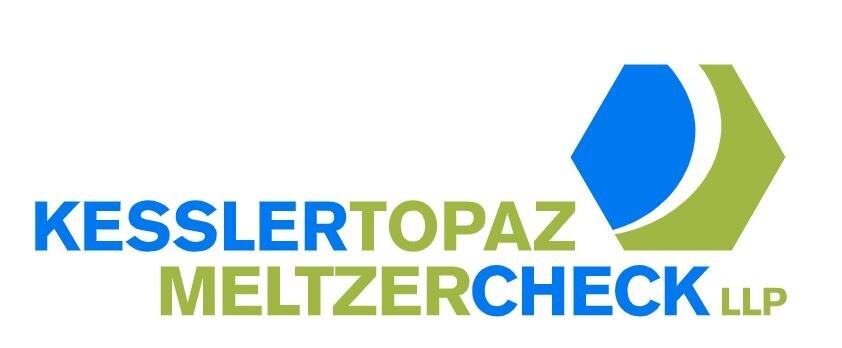Article content After dozens of layoffs, an office closure, and nearly missing payroll more than once, the head of Windsor’s cash-strapped Children’s Aid Society warns things are likely to get worse. “Dark days in our organization,” executive director Derrick Drouillard told the Star. “No one’s feeling good about it.
The stress, the morale, the worry and concern from staff for themselves, but also worried about their colleagues. “This has been an absolute awful time for the organization.” Local staff also have concern for children.

Drouillard said his agency, which has a core mandate to protect children from neglect and abuse, is mired in a financial crisis spurred by the rising cost of housing a growing number of “abandoned” children with complex needs. One of the children currently under local care will cost the Windsor-Essex Children’s Aid Society (WECAS) more than $700,000 in a single year. The financial crunch has led to WECAS cutting 26 unionized employees and 12.
5 management full-time equivalent positions. The agency currently has about 360 employees. The situation is a “horrifying crisis,” CUPE Local 2286 said in a statement late last month about the layoffs of its members.
Drouillard confirmed to the Star on Wednesday that the job losses go beyond the unionized staff layoffs. “We’ve had to make this excruciatingly difficult decision to shrink our workforce in order to try to improve our financial outcomes — to be sustainable, quite frankly,” he said. “Because when you can’t make payroll, when you can’t pay your foster parents, you’re no longer sustainable.
” WECAS will also wind down operations at its Leamington office, where volumes had “started to drop,” by May 1, he added. But the agency will continue serving families in the area. “Of course we are,” said Drouillard.
“We have a mandate. It just means staff going out to those areas.” He said the agency is also in talks with some Leamington community partners to occasionally borrow space at no or low cost.
Drouillard said the cuts follow a volatile few years, when the CAS skidded from a $1.6-million surplus to a deficit of more than $10 million. The agency’s budget last fiscal year was about $56 million.
“I’ve been here since 2018 and up until these past two years we’ve been either balanced or surplus,” said Drouillard. “Then we fell off the cliff.” Twice in the previous year, he said, WECAS came “really close” to not having enough cash flow to pay employees.
They dodged the bullet by borrowing from future funding and holding off payments to vendors. He said the staff reduction helps with cash flow but does little for the overall deficit. “If these numbers don’t change with the complex-needs kids, and we don’t find solutions in a better way for that, we are definitely projecting another deficit year,” said Drouillard.
The agency generally has perhaps 800 open files involving thousands of children. About 90 per cent of those children are not under CAS care. Drouillard said it’s the remaining minority with “complex needs” — mental health issues, autism, developmental challenges, aggression, acute childhood trauma — that account for almost 70 per cent of costs.
It’s not only a Windsor-Essex problem. “CASs across the province are $110 million in deficit,” said Drouillard. “This is a certainly a whole-sector problem.
We’re at a critical point right now.” He said the trajectory began a couple of years ago when parents started “abandoning” their children to CAS thinking that was the way to get them the services they needed. “Of course, nothing could be further from the truth,” said Drouillard.
“We don’t create these mental health placements.” He said there are no residential placements for such situations in Windsor-Essex, and very few in Ontario, so CAS was forced to start housing children in “unlicensed placements.” “We’ve had children living in hotels, living in our building,” said Drouillard.
“We’ve rented a house. We have two cottages that we lease from .” Along with paying to rent those accommodations, he said CAS must have staff there 24/7, which leads to massive overtime costs.
At one point, he said the agency had 15 youth living in unlicensed settings. Over the last several months the average has been about nine children. Drouillard said it can cost $1,000 to $2,000 a day to house and care for each child.
“You start to see the cost mounting.” While each CAS does what it can, Drouillard said the provincial government must come up with system-wide solutions. It’s been frustrating seeing politicians pledging to fix the problem with funding announcements that don’t address the core issues, he said.
“I don’t want to hear anymore ‘We’ve made this investment, we’ve made that investment,’” said Drouillard. “Some of the politicians point to investments that have nothing to do with this group of kids. “That, to me, is the frustrating part.
I don’t want to see smoke and mirrors.”.
















